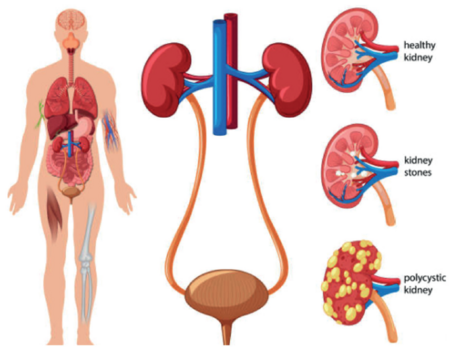Dry Januaryとは1月中はアルコールなしで過ごすという習慣のことで、健康促進を主な目的としています。本稿では船員が禁酒をすることの利点、主な禁酒の方法等について説明しています。
What is Dry January?
Dry January is a public health campaign that encourages people to abstain from alcohol for the entire month of January. It’s a chance to start the new year with a clear head and a healthier body.
Why Participate in Dry January?
Dry January enables individuals to take control of their relationship with alcohol and drives a conversation about alcohol: "Why do we drink it?", "What does it do?" and "How can we reduce the harm it can cause?"
For seafarers, participating in Dry January can offer several benefits:
Improved Physical Health
- Liver Health: Abstaining from alcohol gives the liver a chance to recover, reducing the risk of liver disease.
- Better Sleep: Alcohol can disrupt sleep patterns. A month without it can lead to more restful and restorative sleep.
- Weight Management: Alcohol is high in calories. Cutting it out can help with weight control and reduce the risk of obesity-related conditions.
Enhanced Mental Well-being
- Mood Stability: Alcohol can affect mood and exacerbate feelings of anxiety and depression. A break can lead to improved mental clarity and emotional stability.
- Stress Reduction: While alcohol might seem like a stress reliever, it can actually increase stress levels over time. A dry month can help seafarers find healthier ways to manage stress.
- Increased Productivity: With a clear mind and more energy, you can perform your duties more effectively and safely.
Better Social Interactions
- Stronger Relationships: Reducing alcohol consumption can lead to more meaningful interactions with colleagues and loved ones.
- Positive Role Modelling: Participating in Dry January can set a positive example for fellow crew members, promoting a healthier onboard culture.
Support and Tips for Seafarers
Plan Ahead
- Stock Up on Alternatives: Ensure there are plenty of non-alcoholic beverages available. Herbal teas, sparkling water, and non-alcoholic beers can be great substitutes.
- Set Goals: Write down your reasons for participating in Dry January and set personal goals to stay motivated.
Stay Active
- Exercise Regularly: Physical activity can help reduce cravings and improve overall well-being. Consider onboard fitness routines or simple exercises like walking or stretching.
- Engage in Hobbies: Find activities that keep your mind and hands busy, such as reading or playing games.
Seek Support
- Buddy System: Partner with a fellow crew member who is also participating in Dry January. Support each other and share progress.
- Online Communities: Join online groups or forums where you can share experiences and gain encouragement from others participating in Dry January.
- Isolation and Boredom: Long periods at sea can lead to feelings of isolation and boredom, which might increase the temptation to drink. Engage in social activities with your crewmates and find new hobbies to keep yourself occupied.
- Stress Management: The maritime environment can be stressful. Practice stress-relief techniques such as deep breathing, meditation, or talking to a trusted colleague.
Focus on Nutrition
- Healthy Eating: Opt for nutritious meals that support your overall health. Fresh fruits, vegetables, and lean proteins can help you feel your best.
- Hydration: Drink plenty of water to stay hydrated and help reduce cravings.
Participating in Dry January can be a rewarding experience, offering numerous health benefits and a fresh start to the year. By planning ahead and utilising available resources, seafarers can successfully navigate this challenge at sea or ashore and enjoy the positive outcomes.
Resources
Alcohol Change UK: Offer a variety of resources, including the Try Dry app, which helps you track your progress, and the Try Dry book for guidance and motivation.
Harvard Health: Provides tips for a successful Dry January, including finding non-alcoholic drink substitutes, creating a support group, and avoiding temptations.
Drugs & Alcohol NI: Provides a comprehensive Dry January Resource Pack.
Sunnyside: Offers over 100 tips to master Dry January, including apps for tracking, daily motivation, and virtual support groups.







